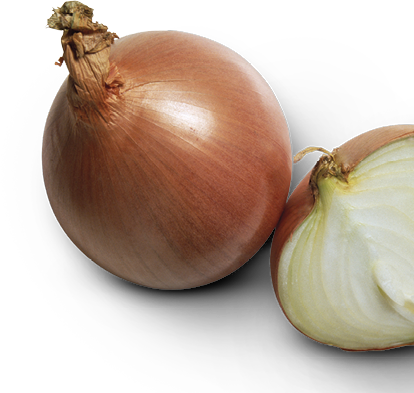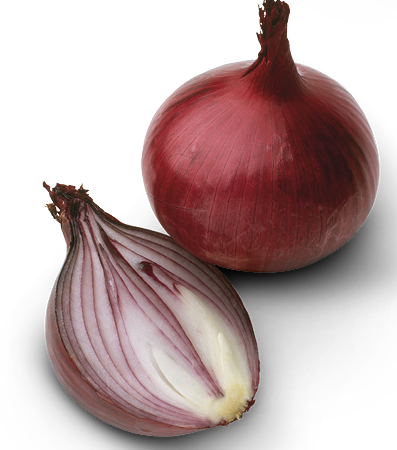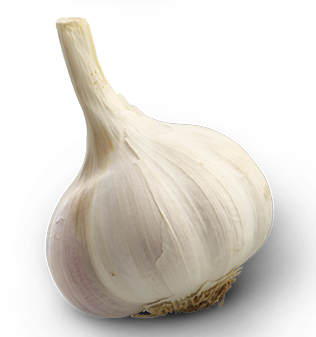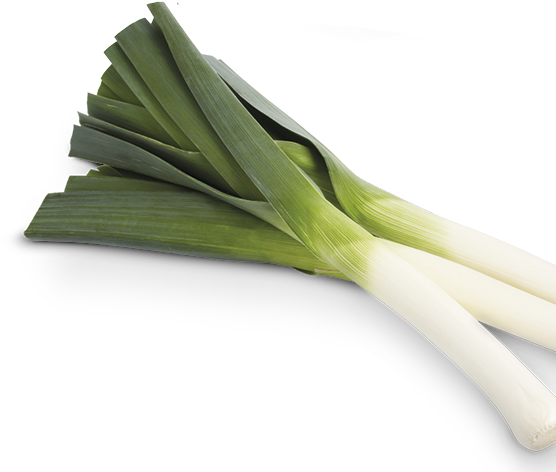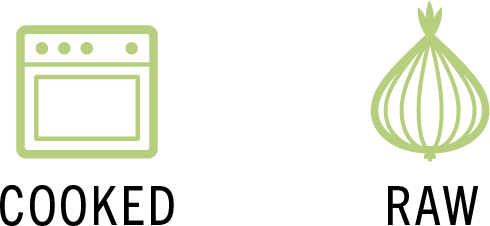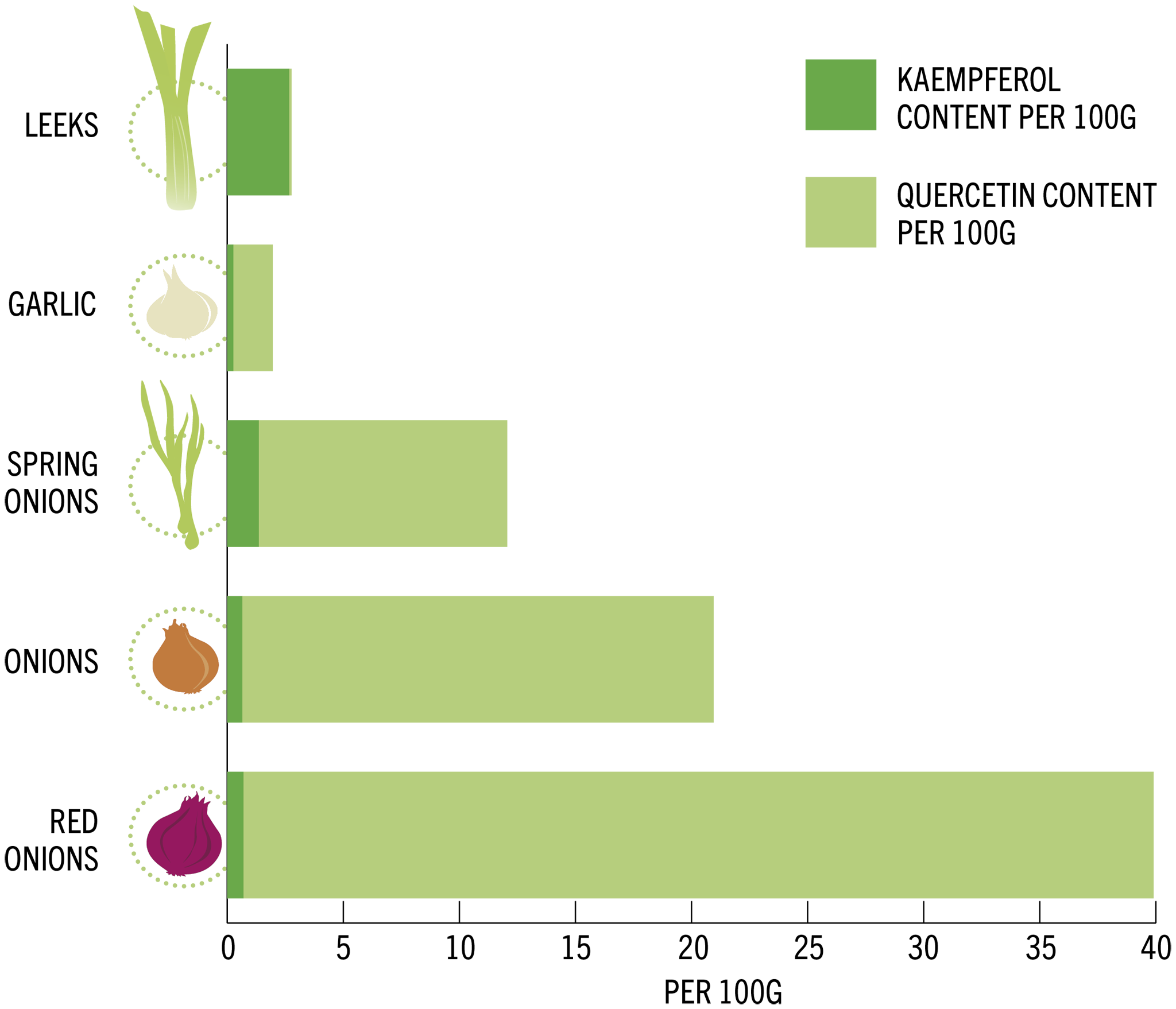-SUPERGROUP-
ONIONS, GARLIC, AND LEEKS
All members of the allium family are great for flavour, plus they are packed with naturally occurring plant chemicals that help keep the heart healthy, regulate blood sugar levels, and protect against cancer.
These popular and easy-to-source alliums have powerful health properties.
Onions
- contain sulphur compounds, which give them many of their health benefits.
Red onions
- are a great source of heart-healthy and cancer-fighting quercetin.
Garlic
- lowers blood pressure and cholesterol levels, so is heart-friendly.
Leeks
- contain good levels of the flavonoid kaemperfol, which acts as an antioxidant.
Spring onions
- contain 62 times more skin-friendly vitamin A than regular onions.
Eat at least one serving of alliums a day.
Choose fresh, firm, dry produce.
Only leeks and spring onions need to be refrigerated. Keep onions in a cool, dry, dark place with a good air flow.
Most alliums can be eaten raw or cooked. For optimum benefits, finely chop or crush garlic to release the sulphur compounds.
Anti-inflammatories
Inflammation is thought to be at the root of many long-term health problems including heart disease, type 2 diabetes, Alzheimer’s disease, rheumatoid arthritis, and inflammatory bowel diseases. The flavonoid quercetin, which is found particularly in onions, has been shown in many lab-based studies to help reduce inflammation – in particular it may inhibit the enzymes that generate substances such as prostaglandins, which cause inflammation and pain.
Allergy minimizers
Onions are a very good source of quercetin, which has many health benefits. One advantage is that it helps to prevent histamine being released from cells, so it may have a role to play in protecting against allergies such as hayfever. This is very important as allergies are increasingly being seen in older people, probably due to lower immunity and cell ageing.
Quercetin acts as a natural antihistamine, and may help to minimize the effects of allergies such as hayfever.
Heart friendly
Research shows that regularly eating alliums is linked to a lower risk of cardiovascular disease. One study found higher intakes of these veg were linked to a 64 per cent reduced risk of the disease over six years. In another study, those who ate at least one serving of onions a week were 22 per cent less likely to suffer a heart attack than those who had no onions. Alliums are packed with sulphur compounds as well as flavonoids such as kaempferol and quercetin (the most abundant flavonoid in alliums), which acts as an antioxidant. See how they compare below.
Good gut health
Onions, garlic, and leeks are prebiotics. This means they’re rich in undigestible fibre, which provides food for “friendly” probiotic bacteria in the large intestine, enabling them to grow, flourish, and crowd out bad bacteria. This helps to keep the digestive system working well.
Memory aids
Alliums may help with memory, for example spring onions contain good levels of memory-boosting nutrients such as folate and lutein. Plus leeks contain five times more folate than onions, which is great news as good intakes of folate may help to protect us from Alzheimer’s disease.
Cancer protective
Alliums are rich in sulphur-containing compounds which, when crushed, are transformed into new compounds such as allicin (in garlic). These give them their familiar flavour, odour, and potential health benefits. These benefits may include protection against cancer, in particular of the digestive tract (such as the stomach and bowel), although further research is needed.
 46%
46%
reduction in the likelihood of gastric cancer in those people eating the most (rather than least) alliums, in one review of 21 studies.
Blood sugar control
Garlic and onions may help to lower blood sugar levels, making them beneficial for people with insulin resistance (the precursor for type 2 diabetes) or diabetes. In one study of patients with diabetes, a 100g (31/2oz) serving of red onion significantly reduced blood sugar levels.
